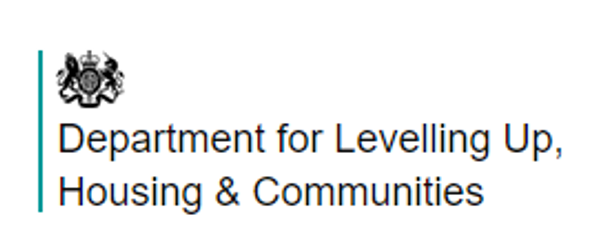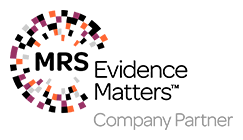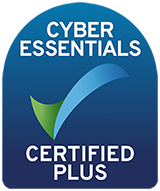There are many advantages to being small. You have more legroom on a plane; you tend to bump your head less often; limbo is easier and you can get a job as a jockey. When applied to a business, you’re more likely to know the names of all your team (and probably their partners), you’re more agile and strategically can often move more swiftly; and when in the office, you normally don’t have very far to walk from the front door to your desk.
However, size also presents its challenges.
In a sector that’s on a trajectory of rapid change and where organisations are seeking technological solutions to new and different customer demands and expectations, how do small associations find the skills, resource and budget needed to adapt? Although many accept that the digitalisation of services is the future, there is also the fear of taking a business that is working fine and introducing technology that could cause chaos. As they say, “If it ain’t broke, don’t fix it”.
Yet we all know change is inevitable, and that it is the job of leaders to manage it. As customers, we are embracing change, so we need to accept that we should engage differently with our own customers. Global research and advisory giant Gartner advises that business leaders should spend 14 percent of their time innovating and planning improvement, and 20 per cent implementing change. How many of us do this?
Interestingly, one of the best examples of digital business transformation is a relatively small association that has spent a fraction of what the larger association have, yet is achieving far more. Cornwall Rural Housing Association (CRHA) asked 3C Consultants to help develop an IT strategy to support it achieve its service ambitions, as well as improving data security and compliance.
With just seven staff, CRHA is definitely a smaller housing association, but its Chief Executive, Peter Moore, recognised the opportunity to use technology better and was keen to explore how his organisation could benefit. He soon discovered CRHA could afford to implement an IT strategy providing benefits previously only considered available to those with large budgets.
Within 12 months, CRHA is:
- Installing new IT remote desktop software to enable staff to log into the system when carrying out estate visits (including on the Isles of Scilly), improving flexible working, whilst reducing travel time, doubling the input of information and troublesome paper records (completed)
- Moving to Office 365 & Microsoft cloud services, which includes SharePoint (completed)
- Implementing a robust offsite cloud-based backup solution, so supporting business continuity and DR (in progress)
- Storing documents in the cloud with automated retention and disposal policies to ensure greater compliance (to be implemented this year)
CHRA is also introducing a web portal, amongst the most advanced available in the sector, which:
- Connects with CRHA’s housing management software and has real-time, automated updating
- Allows tenants to check their rent statement; pay their rent; edit their details; book a repair; view, download and upload their documentation; report problems; take part in surveys and check important dates (e.g. appointments with a housing officer, bin days, inspections, public events)
- Staff can access the system from anywhere they have internet access, supporting flexible working
- Has a full audit trail of where staff have helped tenants using their unique logins
This portal is so successful that the association which pioneered its use is now doing over 60 percent of all customer transactions online, with the proportion rising each month.
You’re wondering if you could afford to do this. For CRHA, the cost is far less than six figures over five years. Factor in the significant improvement anticipated to customer service, governance, staff working and business security, and the business case is extremely compelling. The question might be reframed as: can you afford not to do this?
We believe every housing association should be seriously thinking about this, so we’ve teamed up with Acuity to offer a fixed-price IT strategic support package for just £2,500 (plus VAT and site visit fees) to all SPBM members. We support you by reviewing your existing ICT and corporate strategy, performing a gap analysis, and producing a costed business case for a range of solutions which support your business plan and future aspirations.
In summary, technology and digitisation are changing the way we do business.
Providing services that are not only highly regarded by customers, but that also provide value for money, is increasingly key to the long-term security of almost any organisation. The question is not should you review your business and IT strategies to take best advantage of technology, but how and when you do it.







Comments are closed.